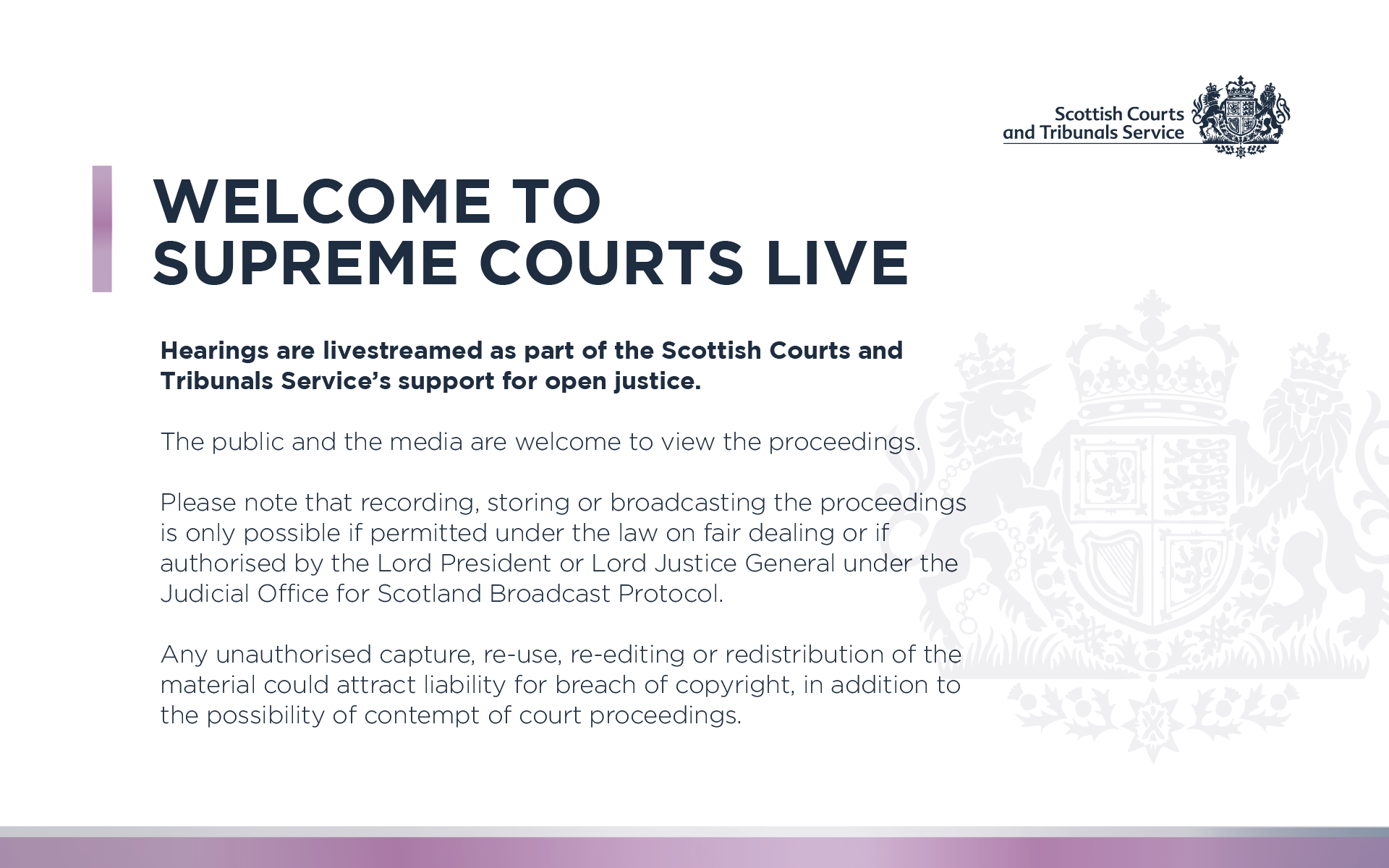Case description
On 26 September 2020, Katrin Martenka died as a result of an accident at the Green Room wine bar in Edinburgh, when a non-load bearing structure, intended to be used as a drinks tray, collapsed under the combined weight of herself and the second defender, Andrew Johnstone. Her partner, mother and brother raised an action against the operators of the wine bar, Alba Wine Ltd, and Mr Johnstone (the second defender). The second defender moved for dismissal of the action insofar as directed against him, contending that the pursuer had not pled a relevant case that he owed Ms Martenka a duty of care.
In January 2024, following a debate on the procedure roll, the Lord Ordinary dismissed the action against the second defender. The pursuer had not averred any specialised knowledge on the part of the second defender which should have alerted him to the existence of a danger. Although it was said that he had invited her onto the tray, there was no averment as to how this amounted to an assurance upon which she could rely. She had the opportunity to assess the situation for herself and decide whether to join the second defender on the tray. The Lord Ordinary applied the three-stage test in Caparo Industries Plc v Dickman 1990 2 AC 605 at least insofar as it provided a “general guide” (see Mitchell v Glasgow City Council 2009 SC (HL) 21, para 25). The pursuer had only addressed reasonable foreseeability. No relationship of proximity was averred, nor were there any averments that it would be fair, just and reasonable to impose a duty. It would not and doing so would open the floodgates in circumstances where a party had not created the source of danger.
The pursuer submits that the Lord Ordinary erred as follows. First, in applying Caparo where the circumstances of the present case did not involve public policy. Secondly, in finding there was no proximity where this arose from him carelessly inviting Ms Martenka to move from a place of safety to join him in a place of danger, thus increasing the likelihood of the collapse. Thirdly and fourthly, in not allowing the case to proceed to proof where this was necessary to determine the nature of the hazard, whether it should have been obvious and, even if it were obvious, whether Ms Martenka consented to the particular risk of injury. Fifthly, in requiring that the second defender have specialised knowledge where the pursuer had offered to prove his familiarity with the premises and the risks. Sixthly, in proceeding as if the present case was one of pure omission. It was not; the second defender was a participant, not a bystander.

